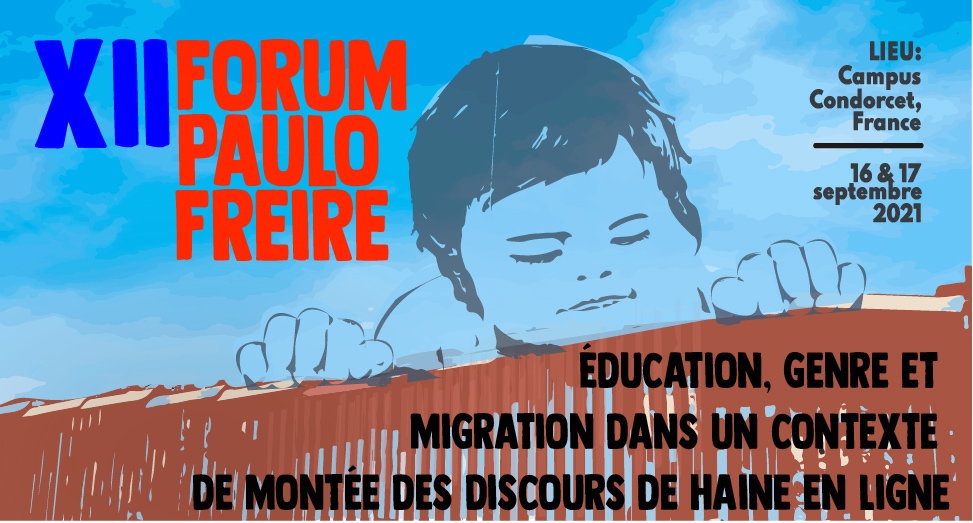The present work aims to reflect on the development of participatory research, based on Freire, according to a feminist methodological practice in the field of education. The participatory research considers that integrations and interactions form the structures and dynamics of social life and, therefore, research must consider the social reality in which it is immersed (BRANDÃO & BORGES, 2007). One of its main characteristics is the relation of horizontality and dialogicity proposed by Paulo Freire in “Pedagogy of the Oppressed” (1987). This proposal is contrary to the idea of what Freire calls “banking education” and transmission of information, because there must be a relationship of complicity between the researched subject and the researcher. Thus, the investigation is not constituted by a relationship of “researcher-subject”, but of “subject-subject”, seeking to break the monopoly of knowledge and allowing the work to be developed by the collective (FAERMANN, 2014). In order to break the hierarchy and verticality of knowledge, the participation of the group in the research process is essential at all stages of the research, from conception to completion. The research, in this approach, assumes the politicity of action by working towards the demands and needs of the researched group itself. Thus, knowledge is developed collectively and will interfere in the social reality in which the group lives. This is why it is important for the researcher to have a social, political and ideological commitment to the community and its social causes (FAERMANN, 2014). The horizontal feature of participatory research meets feminist methodologies. These methodologies question the dominant and patriarchal order of the positivist scientific system, characterized as androcentric and based on individuality and objectivity (NEVES & NOGUEIRA, 2005). Feminist methodologies develop reflections on power relations, equality, and the historical context in which the research takes place. In this case, the certainties of the positivist model are questioned and the unitary subject is no longer at the center of the research. Feminist methodologies consider research to be the result of the social relationship between the researcher and the participating community. Therefore, the research is precisely based on experience and interactions (NEVES & NOGUEIRA, 2005). Based on these considerations, it is concluded that it is possible to associate participatory research with feminist methodological approaches, since both prioritize the horizontality between the researcher and the community, in addition to seeking the social change of the participating group.
References:
BRANDÃO, Carlos Rodrigues; BORGES, Maristela Correa. A pesquisa participante: um momento da educação popular. Revista de Educação Popular, v. 6, n. 1, 2007.
FAERMANN, Lindamar Alves. A pesquisa participante: suas contribuições no âmbito das ciências sociais. Revista Ciências Humanas, v. 7, n. 1, 2014.
FREIRE. Paulo. Pedagogia do oprimido. Rio de Janeiro: Paz e Terra, 1987.
NEVES, Sofia; NOGUEIRA, Conceição. Metodologias feministas: a reflexividade ao serviço da investigação nas ciências sociais. Psicologia: reflexão e crítica, v. 18, p. 408-412, 2005.

 PDF version
PDF version
